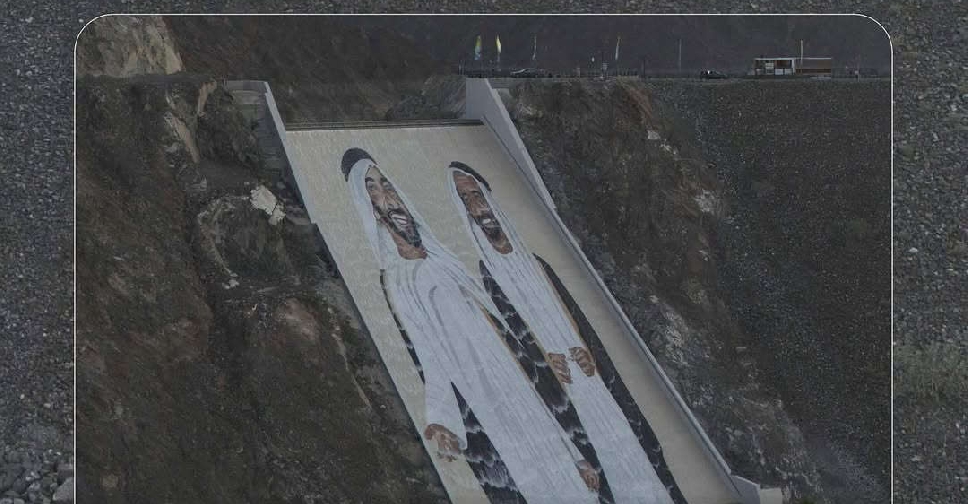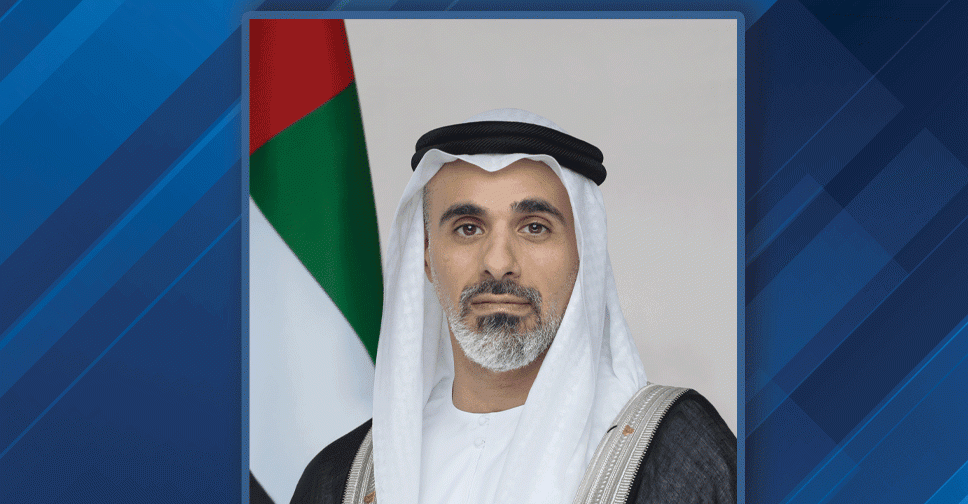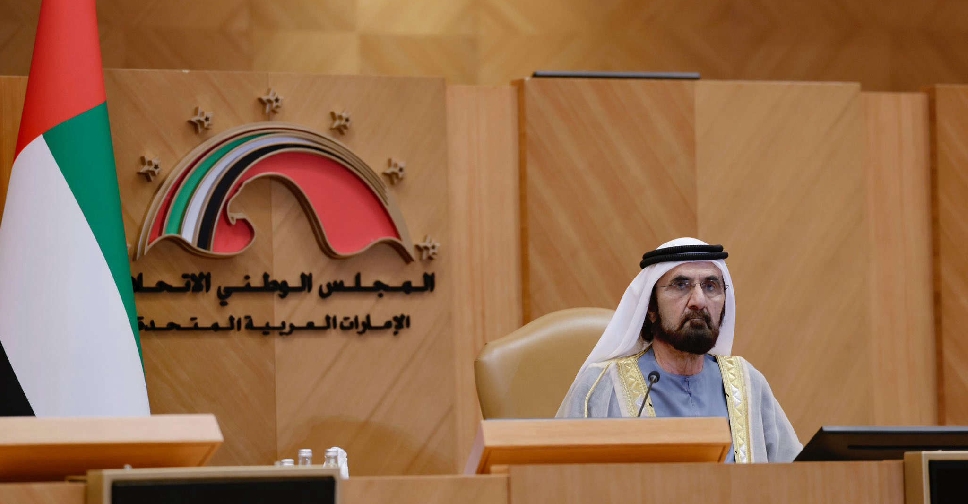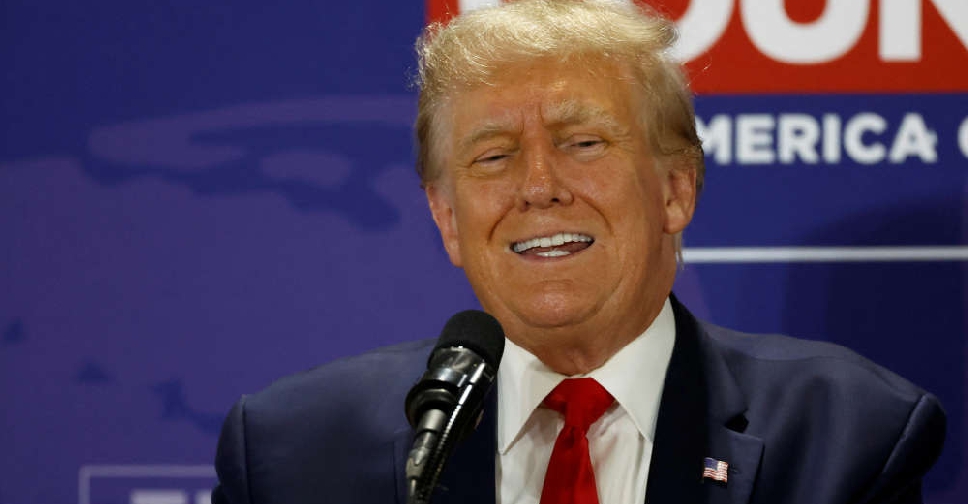
Former US President Donald Trump said on Wednesday that if elected again he would shift resources from federal law enforcement agencies and send thousands of overseas-based troops to the US-Mexico border.
Speaking to supporters in Iowa, where the Republican Party's first nominating contest for the November 2024 election will be held in January, Trump called record illegal US-Mexico border crossings under President Joe Biden an "invasion," Trump sought to place blame for the problem on the current administration. Biden, a Democrat, is running for re-election and could have a rematch election against the Republican front-runner Trump.
"Upon my inauguration I will immediately terminate every open borders policy of the Biden administration," Trump said at a rally in Dubuque. "I'll make clear that we must use any and all resources needed to stop the invasion, including moving thousands of troops currently stationed overseas."
The Biden administration has defended its border policies, saying it is using the tools available, while calling on Congress to pass laws to fix a broken system. Most people seeking to cross the southern US border come from Central American countries.
Trump's rivals have stepped up their rhetoric on immigration in recent weeks, promising tough action on crossings at the US-Mexico border in a sign of the importance of the issue to Republican primary voters.
About one in six Republicans consider immigration as the most pressing issue facing the country, making it the third most important issue to them after the economy and crime, a Reuters/Ipsos poll this month showed.
Last week, Florida Governor Ron DeSantis said in an interview with CBS's Norah O’Donnell that if elected president he would send the military to the border and authorise the use of deadly force against members of drug cartels.
DeSantis is Trump's top rival but remains some 40 percentage points behind him in opinion polls.
The Dubuque rally was one of two afternoon stops for Trump in Iowa on Wednesday. His campaign is scheduling a series of visits to the state in the coming weeks, as he seeks to fend off a push there by his primary rivals, some of whom have spent considerably more time and money in Iowa.

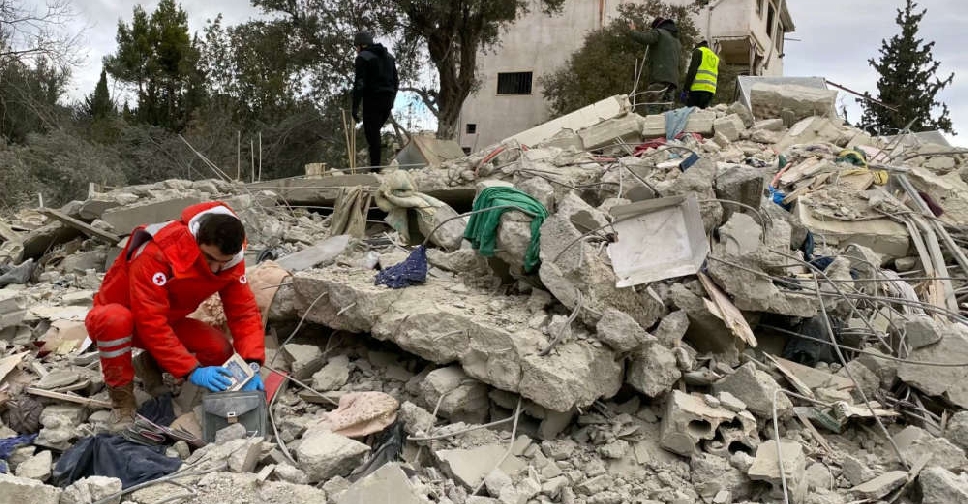 Israel says it's moving towards Lebanon ceasefire
Israel says it's moving towards Lebanon ceasefire
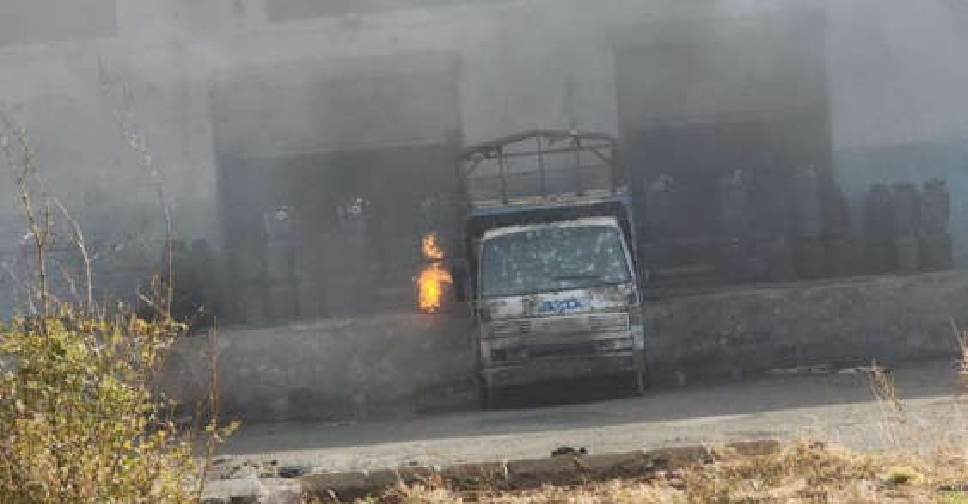 15 Turkish-backed fighters killed by Kurdish forces in Syria
15 Turkish-backed fighters killed by Kurdish forces in Syria
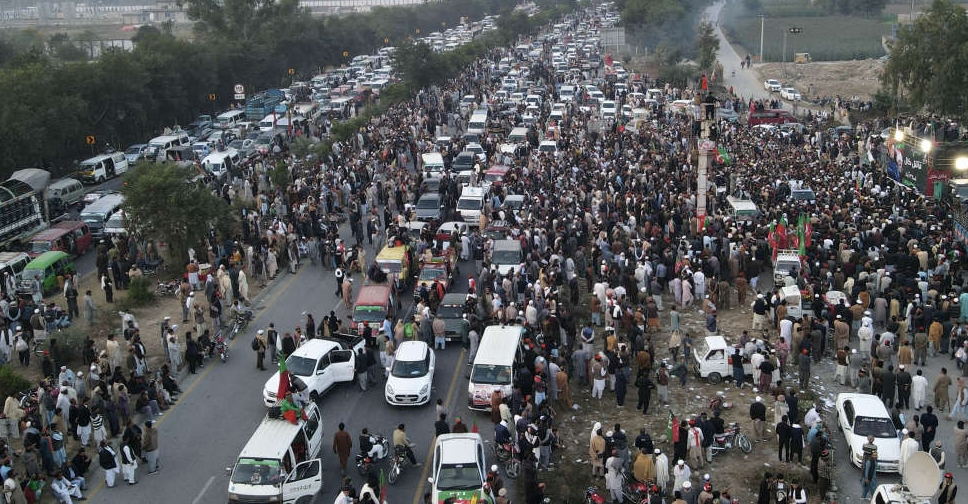 March demanding release of Pakistan's Imran Khan nears capital
March demanding release of Pakistan's Imran Khan nears capital
 16 rescued after tourist boat sinks off Egypt's Red Sea coast
16 rescued after tourist boat sinks off Egypt's Red Sea coast
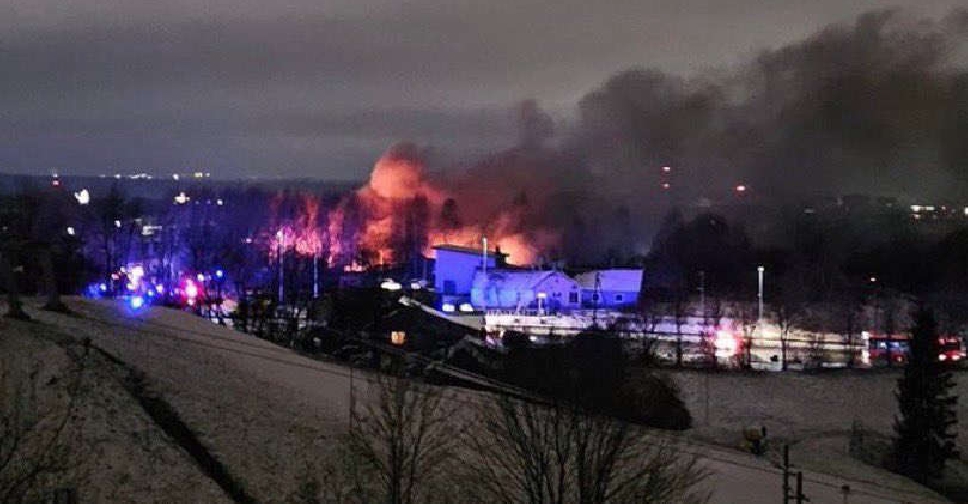 One dead, three injured in Lithuania cargo plane crash
One dead, three injured in Lithuania cargo plane crash
